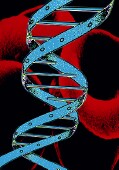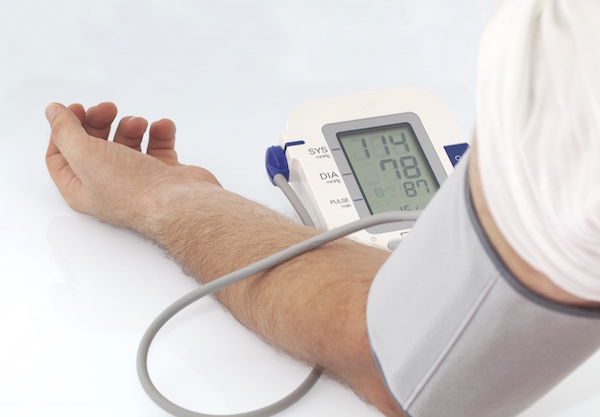
THURSDAY, Nov. 8 (HealthDay News) — Specific DNA variations explain more than 10 percent of the inherited genetic risk for developing heart disease, a new study suggests.
Researchers discovered 20 previously unidentified genetic variations in more than 63,000 people with coronary artery disease, which causes more deaths worldwide than any other disease.
These variations were uncommon in a control group of more than 130,000 people without heart disease.
The newly identified mutations bring to 47 the total number of genetic variations that have so far been linked to an increased risk for developing heart disease, according to study co-leader Panos Deloukas, head of the Genetics of Complex Traits in Humans research group at the Wellcome Trust Sanger Institute, in Cambridge, England.
One previous study estimated that 30 percent to 60 percent of heart disease cases might be attributable to genetic risk factors. This new study increases the number of genes likely involved in coronary artery disease.
The study was to be presented Thursday at the American Society of Human Genetics annual meeting in San Francisco.
“We no longer assume that coronary heart disease is triggered by just a handful of genes, each with a strong effect on a person’s risk for the disease,” Deloukas said in a society news release. “Our research supports the current assumption that heart disease risk is determined by a large group of genes, each with a modest effect on risk.”
Deloukas said pinpointing the genetic variations involved in coronary artery disease may lead to improved treatments, and noted that many of the newly identified variations are in genes involved in the body’s metabolism of fats as well as in inflammation.
The findings highlight the roles of high cholesterol levels and inflammation in coronary artery disease, Deloukas said.
Research presented at medical meetings should be viewed as preliminary until published in a peer-reviewed journal.
More information
The American Academy of Family Physicians has more about coronary artery disease.

